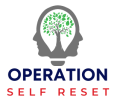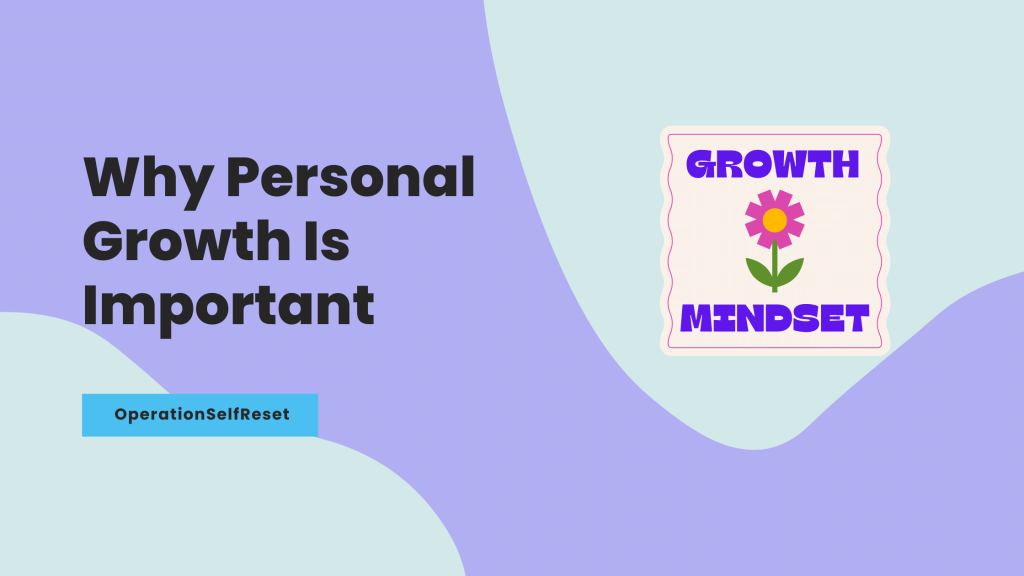Increasing your Intelligence Quotient (IQ) is a journey that involves a combination of mental exercises, lifestyle adjustments, and continuous learning. Hence, learning how to increase your IQ to 300 is necessary.
While reaching an IQ of 300 might be a voluntary goal, there are verified strategies that can significantly enhance your psychological abilities.
After trying these strategies for self-growth for months, I have compiled a list of 8 proven ways and definitions of IQ, along with some highlights on measuring one’s IQ.
So, if you’re ready to take the next step toward your growth, read on till the end!
Key Takeaways: How To Increase Your IQ To 300
The following are the top 8 ways that will help you increase your IQ to either 300 or higher than your current IQ:
- Embrace Continuous Learning
- Exercise Your Brain with Puzzles and Games
- Cultivate New Experiences
- Practice Mindfulness and Meditation
- Adopt a Brain-Boosting Diet
- Engage in Physical Exercise
- Learn Musical Instruments or a New Language
- Prioritize Quality Sleep
What Is IQ?
IQ, which stands for Intelligence Quotient, measures our mental abilities and potential for reasoning, problem-solving, and learning.
It is typically determined through standardized tests that assess various aspects of intelligence, such as verbal comprehension, numerical reasoning, spatial awareness, and logical thinking.
In simple terms, IQ is like a score that indicates how well someone can understand, analyze, and solve different types of problems or tasks compared to others of the same age group.
You can evaluate an individual’s intellectual capabilities and potential for learning and understanding complex concepts.
However, it’s important to note that IQ tests are not perfect, and they do not measure all types of intelligence or talents.
Many other factors contribute to a person’s overall abilities, such as practical skills, creativity, motivation, and emotional intelligence.
8 Proven Ways To Increase Your IQ To 300!
Now that I’ve covered the basic ground let’s get into the brief details of the 8 ways to increase your IQ below:
1. Adopt Continuous Learning
Continuous education is a basis of intellectual development.
Engaging with new subjects, especially in the sciences like mathematics and physics, broadens your understanding of various concepts. It improves your problem-solving skills, comprehension, and logical reasoning.

Platforms like Coursera and edX provide free access to knowledge, allowing you to explore different disciplines at your own pace.
Examples:
- Online Courses: Enroll in courses on platforms like Coursera or edX that offer classes from universities around the globe on topics ranging from quantum physics to philosophy.
- Read across genres: Dive into books beyond your usual genres. Explore scientific journals, classic literature, and non-fiction works on topics unfamiliar to you.
2. Exercise Your Brain With Puzzles And Games
Brain-training activities are essential for sharpening your cognitive skills.
Regularly challenging yourself with puzzles, such as Sudoku, crosswords, and memory games, stimulates your brain, enhancing your memory, attention, and problem-solving capabilities.

Digital platforms like Lumosity offer a variety of games designed to target specific areas of brain function, making your training sessions both fun and effective.
Examples:
- Sudoku and Crosswords: Start your morning with a Sudoku or crossword puzzle to kickstart your brain.
- Brain Training Apps: Use apps like Lumosity or Peak for daily cognitive workouts tailored to improve different aspects of your brain function.
3. Cultivate New Experiences
Stepping out of your comfort zone and immersing yourself in new experiences stimulates neural growth and flexibility.
Traveling to unfamiliar places, trying out new hobbies, and even simple changes in your daily routine can awaken your brain’s potential.

These activities encourage your brain to form new connections, adapt to novel situations, and think in innovative ways.
Examples:
- Travel: Plan trips to destinations that offer a completely different cultural experience. Engage with the local culture, language, and traditions.
- Learn a New Skill: Take up hobbies that are outside your comfort zone, such as painting, coding, or even magic tricks.
4. Practice Mindfulness And Meditation
Meditation has been shown to have deep effects on the brain, including improved concentration, memory, and emotional regulation.
By dedicating time to mindfulness practices, you can enhance your brain’s ability to process information and maintain focus.

Start with short sessions and gradually increase the duration to build a habit that supports cognitive health.
Examples:
- Guided Meditation: Use apps like Headspace or Calm for guided meditation sessions focusing on different aspects of mindfulness.
- Yoga: Incorporate yoga into your routine to improve focus and reduce stress, which can hinder cognitive performance.
5. Adopt A Brain-Boosting Diet
Nutrition plays a crucial role in cognitive function. Incorporating foods rich in omega-3 fatty acids, antioxidants, and vitamins, particularly B vitamins, into your diet supports brain health.

Focus on consuming whole foods, such as leafy greens, nuts, berries, and fatty fish, to provide your brain with the nutrients it needs to thrive.
Additionally, staying hydrated and limiting processed foods contribute to overall well-being and mental clarity.
Examples:
- Omega-3 Rich Foods: Incorporate salmon, walnuts, and flaxseeds into your diet to boost omega-3 fatty acid intake.
- Antioxidant-Rich Foods: Snack on berries, dark chocolate, and drink green tea to consume more antioxidants.
6. Engage In Physical Exercise
Physical activity is not only beneficial for your body but also for your brain. Aerobic exercises, in particular, increase blood flow to the brain and can improve cognitive functions.

Aim for regular workouts that get your heart pumping to encourage the growth of new neural connections and enhance memory and learning capabilities.
Examples:
- Aerobic Exercise: Include activities like jogging, swimming, or cycling in your weekly routine to improve cardiovascular health and brain function.
- Team Sports: Participate in team sports like soccer or basketball, which require coordination, strategy, and quick thinking.
7. Learn Musical Instruments Or A New Language
Acquiring new skills, such as playing a musical instrument or learning a foreign language, offers great mental benefits.
These activities require complex neural processes and foster creativity, memory, and analytical thinking.

The challenge of learning a new skill comes with a refreshing experience for the brain, leading to long-term improvements in your intellectual process.
Examples:
- Musical Instruments: Start learning to play an instrument like the guitar, piano, or violin through online tutorials or local classes.
- Language Learning: Use apps like Duolingo or Babbel to start learning a new language, aiming for regular practice sessions.
8. Prioritize Quality Sleep
Adequate rest is fundamental to brain health. Quality sleep allows the brain to consolidate memories, process information, and rejuvenate.

Establishing a regular sleep schedule and ensuring you get 7-9 hours of uninterrupted sleep nightly aids in maintaining optimal cognitive performance.
Examples:
- Sleep Schedule: Establish a consistent sleep schedule, going to bed and waking up at the same time every day, even on weekends.
- Sleep Environment: Create a restful environment by minimizing noise and light and investing in a comfortable mattress and pillows.
How To Measure IQ Level?
Special doctors and helpers use special tests to measure how smart someone is. These tests are called IQ tests.
While these tests are used a lot, they are not perfect. But they can give an idea of how intelligent someone is. Some of the most common IQ tests are:
- The Cattell tests, which are used by MENSA
- The Stanford-Binet test
- The Wechsler tests, which have versions for kids and grown-ups
These tests are meant to see how well someone thinks, solves problems, and understands things compared to others their age.
Read More:
- Who Has The Lowest IQ In The World
- Best Free Meditation Apps
- Difference Between Religion And Spirituality
- Why Personal Growth Is Important
Conclusion: Increase Your IQ To 300 By Learning, Meditating, Exercising & More!
While increasing your IQ to 300 might be a more enthusiastic process and not easily achievable, the strategies outlined in this post can significantly enhance your cognitive abilities.
You can unlock your brain’s full potential by adopting a holistic approach that includes mental exercises, lifestyle changes, and continuous learning.
Remember, the journey to boosting your IQ is a marathon, not a sprint. So, having patience, persistence, and a commitment to self-improvement are crucial to achieving your intellectual goals.


